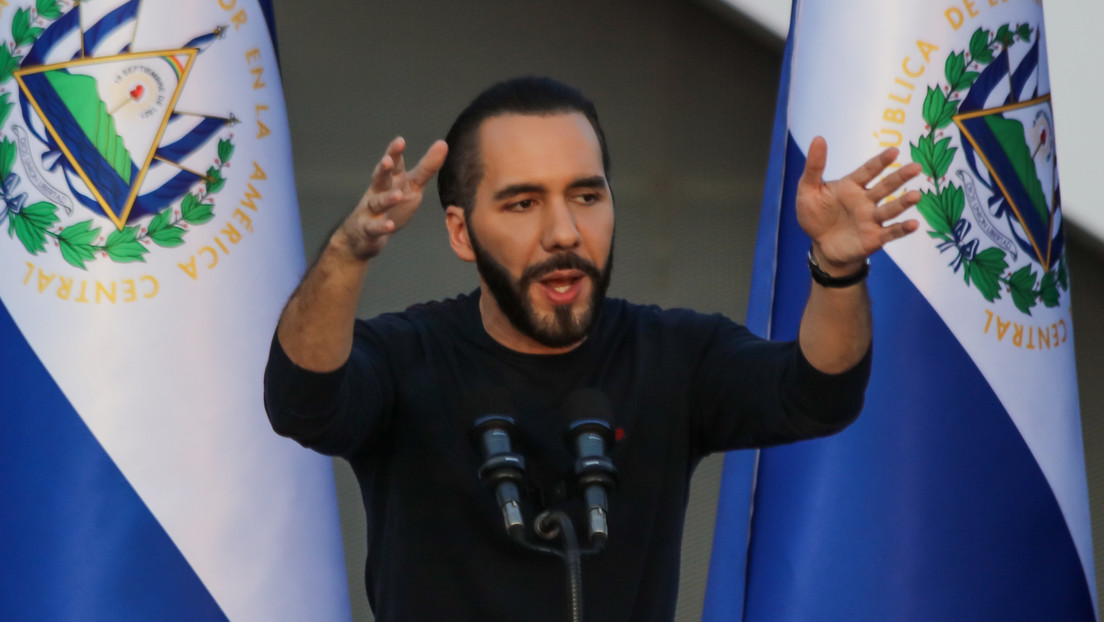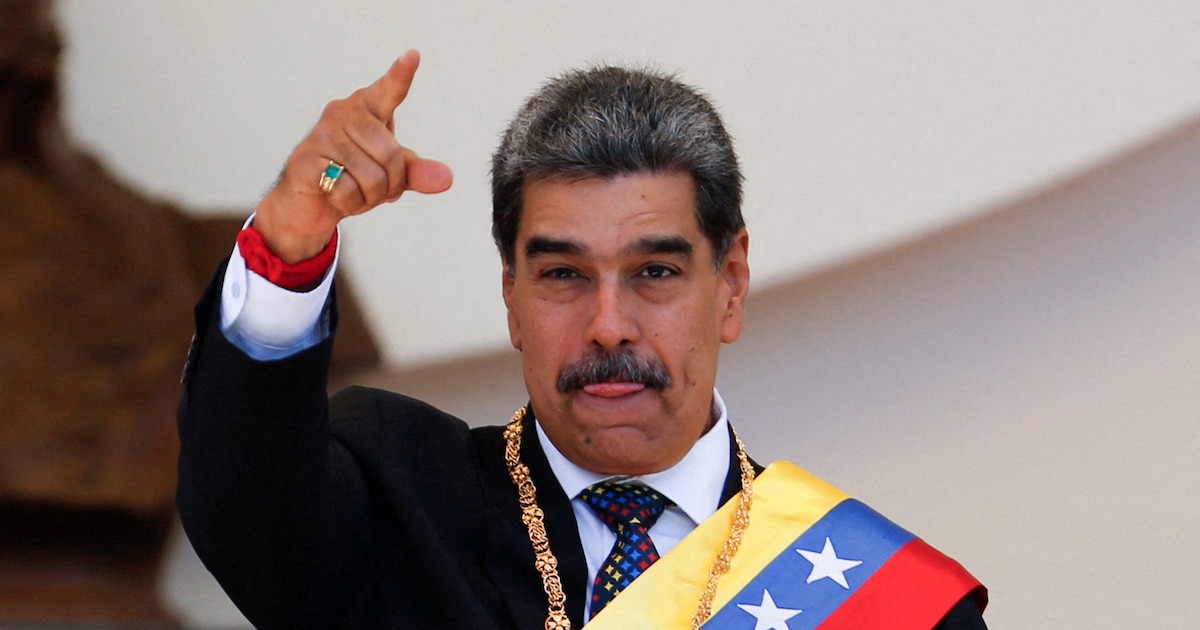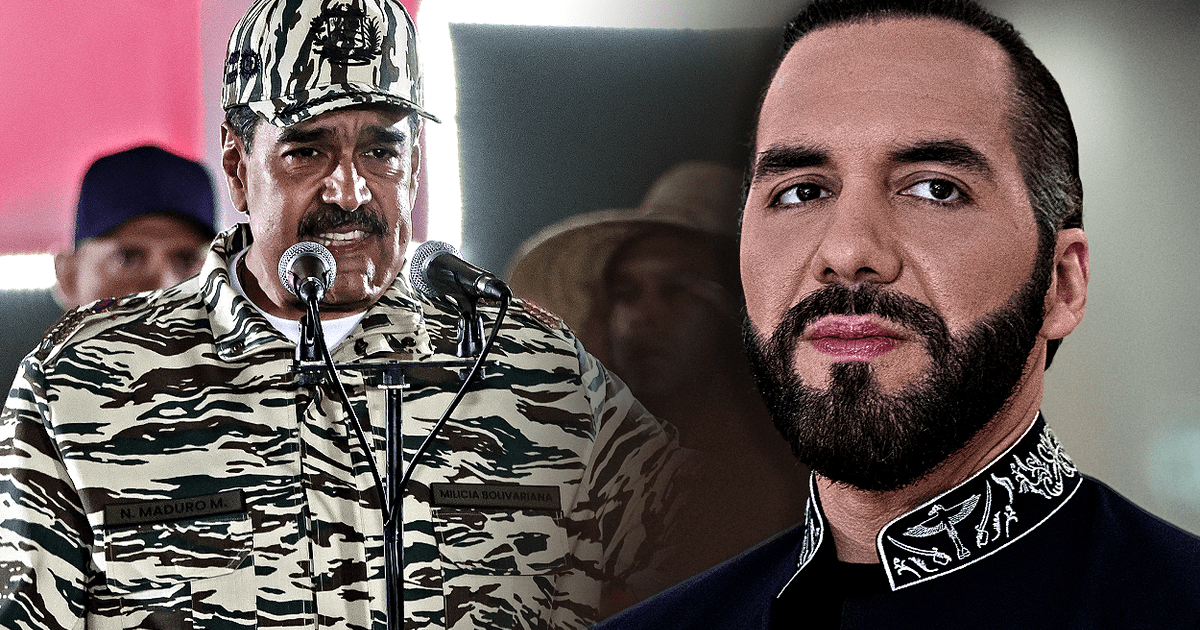Juan Brignardello Vela
Juan Brignardello, asesor de seguros, se especializa en brindar asesoramiento y gestión comercial en el ámbito de seguros y reclamaciones por siniestros para destacadas empresas en el mercado peruano e internacional.




The recent activity of El Salvador's president, Nayib Bukele, has caught the attention of media outlets and political analysts following the revelation of his possible visit to Venezuela. The origin of the uncertainty stems from a social media post by Bukele, where he shared a screenshot showing the weather in Caracas. Without any additional clarification, this gesture has sparked a series of speculations about the purpose of his stay in the neighboring country. Although the image was sufficient to fuel interest, there is no concrete evidence supporting Bukele's presence in Venezuela. The political community and citizens have begun to inquire about the intentions that might lie behind this insinuation. Some suggest it could be a media strategy designed to maintain intrigue and divert attention from other issues affecting El Salvador, while others believe it could be part of a diplomatic approach between the two countries. One day after the initial post, Bukele shared a cryptic message that read "Patience...", which further intensified the speculation. This message was interpreted by some as a possible positioning against Nicolás Maduro's regime, while others see it as a deliberate attempt to keep his followers and the media in suspense. The truth is that this enigma has generated growing expectations about what Bukele might be planning. However, the confusion deepened even further when Nicolás Maduro made comments about Bukele's alleged visit. In a video, the Venezuelan president claimed that Bukele had been in the country and that they had met in Chacaíto to share a moment of camaraderie. Maduro described Bukele as someone who "came quietly" and did not want his visit to be public, hinting that the intentions behind this meeting could be more than merely informal. Maduro's words not only fueled the mystery but also prompted Bukele to respond with a kiss emoji on his social media. This response, instead of clarifying the situation, provoked a flood of interpretations from his followers, who are eager to understand what is really happening between the two leaders. The interaction between the two leaders is a clear reflection of the complexity of diplomatic relations in the region. For the moment, the lack of clear confirmations and the ambiguous nature of the messages issued by both leaders leave the public in a state of anticipation. While some analysts suggest that this could be Bukele's way of positioning himself in the Latin American political context, others see it as an opportunity for more significant rapprochements with the Venezuelan regime, which has faced international condemnation. It is important to note that, regardless of Bukele's intentions, any move to bring El Salvador and Venezuela closer must be analyzed with caution, given Maduro's questioned track record and the implications it would have for Salvadoran internal politics. Venezuela's recent history has made it clear that alliances with authoritarian governments can be dangerous and generate adverse reactions both nationally and internationally. As the situation evolves, the international community will be attentive to developments. El Salvador's policy regarding Venezuela could have significant repercussions, not only for the citizens of both countries but also in the broader context of Latin American geopolitics. The anticipation remains, and the truth behind this enigmatic series of events could change the course of relations between these two countries. In conclusion, as the mystery surrounding Bukele's alleged visit to Venezuela persists, social media has become the main stage for a political game unfolding in real time. The uncertainty regarding the intentions of both leaders invites reflection on the role of communication in contemporary politics and the importance of transparency in international relations. As more details emerge, it will be crucial for both citizens and analysts to maintain a critical and analytical approach to the events that could mark a new chapter in the history of El Salvador and Venezuela.





